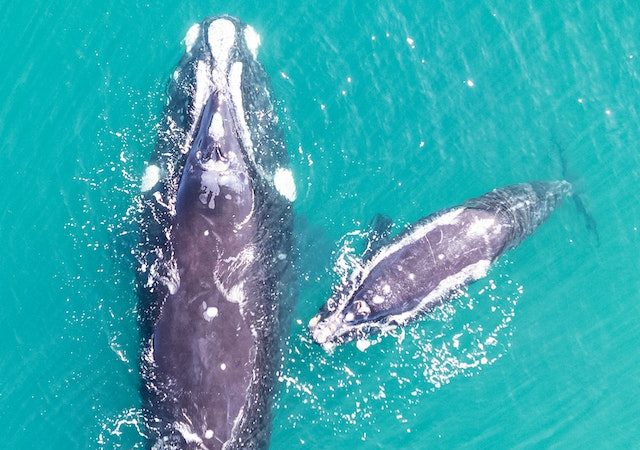In the vast expanse of the world’s oceans lies a realm of mystery and wonder, largely unexplored and teeming with life yet to be discovered. For scientists, the allure of the ocean deep is irresistible, as it promises exhilarating discoveries and the potential to unlock the secrets of our planet’s past and future. Exploring
In the vast expanse of the world’s oceans lies a realm of mystery and wonder, largely unexplored and teeming with life yet to be discovered. For scientists, the allure of the ocean deep is irresistible, as it promises exhilarating discoveries and the potential to unlock the secrets of our planet’s past and future.
Exploring the ocean depths is no easy feat. It requires cutting-edge technology, meticulous planning, and a deep understanding of the challenges that come with venturing into the abyss. However, the rewards are immeasurable, as scientists continue to make groundbreaking discoveries that reshape our understanding of marine ecosystems and the planet as a whole.
One of the most captivating aspects of deep-sea exploration is the incredible biodiversity that exists in these remote and extreme environments. From bioluminescent creatures that light up the darkness to bizarre and otherworldly species adapted to survive under immense pressure, the ocean deep is a treasure trove of unique life forms. These discoveries not only expand our knowledge of marine biology but also hold potential for medical and technological advancements.
In recent years, scientists have made remarkable discoveries in the ocean deep. For instance, the exploration of hydrothermal vents, where hot, mineral-rich fluids spew out from the seafloor, has revealed thriving ecosystems that rely on chemosynthesis rather than sunlight for energy. These ecosystems, sustained by bacteria that convert chemicals into organic matter, challenge our understanding of life’s fundamental requirements and offer insights into the possibility of extraterrestrial life.
Furthermore, the study of deep-sea corals has provided valuable insights into climate change and the history of our planet. By analyzing the growth patterns of these ancient organisms, scientists can reconstruct past climate conditions and gain a better understanding of how our planet has evolved over millions of years. This knowledge is crucial for predicting future climate trends and developing effective conservation strategies.
However, the exploration of the ocean deep is not without its ethical considerations. As scientists delve deeper into these fragile ecosystems, they must balance their thirst for knowledge with the need to minimize disturbance and protect the delicate balance of marine life. Strict adherence to ethical guidelines ensures that scientific exploration does not come at the expense of the very ecosystems it seeks to understand.
In conclusion, the allure of the ocean deep continues to captivate scientists, driving them to push the boundaries of exploration and uncover the mysteries that lie beneath the surface. The discoveries made in these remote and extreme environments not only expand our knowledge but also hold the potential to shape our future. As we continue to explore the ocean deep, it is crucial that we do so responsibly, ensuring the preservation of these invaluable ecosystems for generations to come.
Sources:
– National Geographic. “Deep Sea Exploration.” [Link]
– NOAA Office of Ocean Exploration and Research. “Deep-Sea Discoveries.” [Link]
– Woods Hole Oceanographic Institution. “Exploring the Deep Sea.” [Link]

















Leave a Comment
Your email address will not be published. Required fields are marked with *